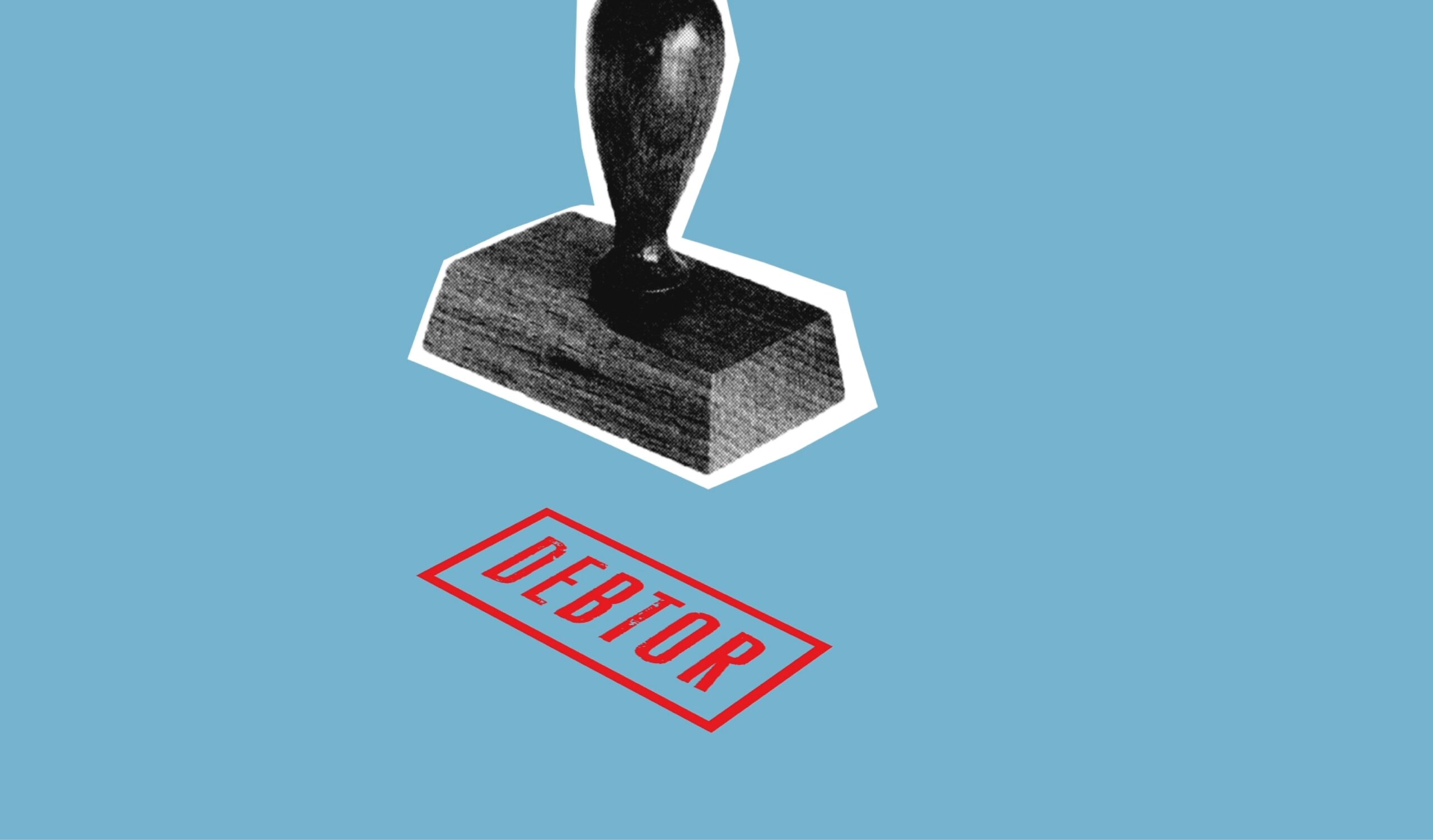What does the U.S. debt ceiling debate really means for you? I am getting this question regularly, which means it is probably on the minds of many more folks. As potential threats loom large, we’re seeing articles in abundance, explaining where we’re at, how we got here, and what to expect next.
We wouldn’t be human if we didn’t share in your frustration over the maddening lack of resolution to date. It’s stressful to watch huge, consequential events unfolding, over which we have no control. And who needs more stress in their life?
Which is why we encourage you to think of your investments as a bright spot of relief in an otherwise unmanageable world. In the face of everything we cannot control, the one place you can call your own shots is within your well-structured, globally diversified investment portfolio.
And here’s more good news: As an investor, you don’t really need to know that much about the real-time details of the debt ceiling negotiations. Instead, as with any other breaking news, a healthy degree of arm’s length disinterest will likely serve you best, especially if you might otherwise respond to the current fever pitch of news that’s news because it’s in the news.
To illustrate, let’s look behind three different doors to consider your most advisable investment strategy under various outcomes.
Door #1: Opportunistic Agreement
With history as our guide, it is perhaps most reasonable to expect today’s political brinksmanship-as-usual will lead to some form of resolution, probably arriving at the last possible moment. This is exactly how the debt ceiling debate has played out on multiple occasions, with each side of the isle using it as an opportunity to score new political points, and there is no reason to think this time will be any different. Then what? Most likely, the “fix” will be partial and imperfect, and the hand-wringing will continue apace over the next challenges inherent in the latest patch. The self-preserving nature of the Congressional representative role seems to always come through to make sure the economy doesn’t screech to a halt. The talking points might shift, but markets will remain as volatile and unpredictable as ever. In this most likely scenario, we would advise …
Staying invested in your carefully constructed, globally diversified investment portfolio, structured for your personal financial goals and risk tolerances.
Door #2: Meltdown
What if negotiations in Washington fail? What if we experience U.S. credit rating downgrades, debt defaults, and unpaid Social Security benefits (to name a few of the uglier possibilities)? In a worst-case scenario, the U.S. dollar could lose its global currency status, a position it’s held since before most of us were born. What then?
If a worse- or worst-case scenario occurs, our marvelously efficient markets would once again respond by pricing in the good, bad, and ugly news well before we can successfully trade on it. Global diversification would be as important, if not more critical. Selling in a panic as markets adjust to the worsening news would remain as ill-advised as ever. In other words, your advisable course would remain …
Staying invested in your carefully constructed, globally diversified investment portfolio, structured for your personal financial goals and risk tolerances.
Door #3: Proactive, Compromising Agreement
Last, and probably least likely, what if Washington defies our doubts, and achieves a happy and timely debt ceiling resolution, with little to no harm done? Hey, anything is possible. In this best-case scenario, the breaking news would be better than most of us expect, so markets would likely respond at least briefly with better-than-expected returns, rewarding us for staying put. At the same time, just in case the next bit of news were to disappoint, or even be less exciting than expected, we’d want to temper any concentrated market exposures by, you guessed it …
Staying invested in your carefully constructed, globally diversified investment portfolio, structured for your personal financial goals and risk tolerances.
This is by no means a perfect hedge against black swan events, but it’s a good start and would allow for some long-term benefits by taking advantage of stocks in decline through strategic rebalancing. We would be happy to offer more insights and analysis about the debt ceiling if you are interested in learning more. We’re also here to review your portfolio mix any time your personal circumstances may warrant a change. Otherwise, guess what we would advise you to do while the debt crisis continues? If you’re not sure, please give us a call. We always enjoy hearing from you!









